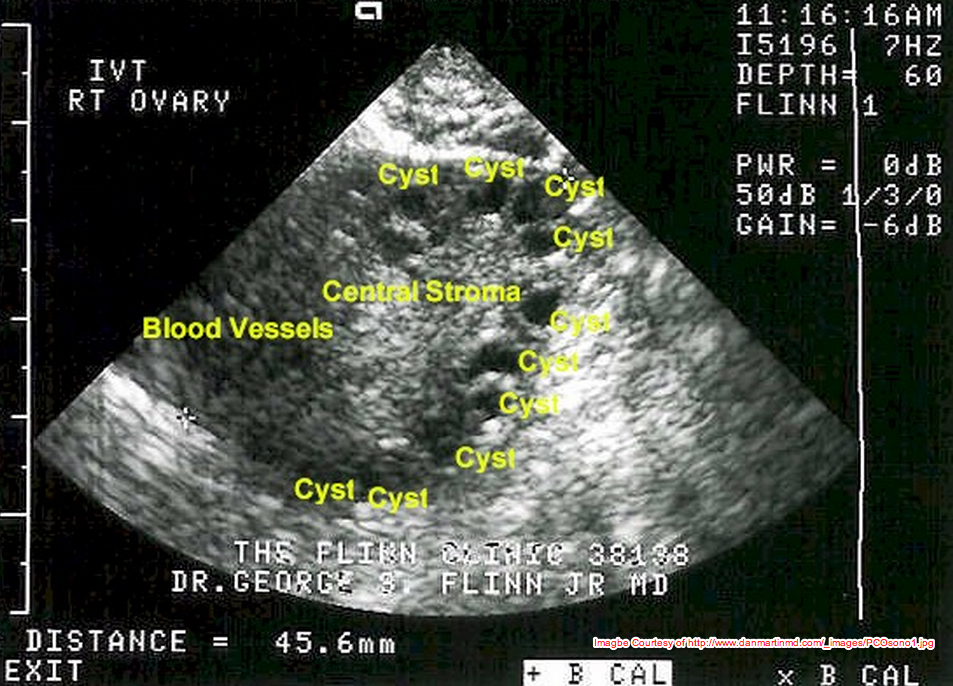Women with PCOS Benefit from Acupuncture, Studies Reveal
 Thursday, February 10, 2011 at 9:52AM
Thursday, February 10, 2011 at 9:52AM In a recent study in the American Journal of Physiology-Endocrinology and Metabolism, reported on here, it was demonstrated that women who used acupuncture therapy and exercise in combination experienced much greater hormonal regulation and consequent normalization in their menstrual cycle than those who used conventional therapies. Other hormone dependent symptoms such as inappropriate hair growth and acne were also dramatically lessened.

I have always enjoyed treating PCOS because the improvements in women's lives can be so dramatic. Often, women come to the clinic solely to be treated for the irregular period or other discomfort associated with the disorder; while other times it is a significant factor interfering in their ability to conceive and thus forms a part of my work with them on infertility.
Chinese medicine has its own unique diagnostic methods with which to determine the best means of using acupuncture and Chinese herbs to get to the root of PCOS and make gradual and progressive changes that are usually long lasting and satisfying to the client.
Research and Articles:
A study, which was published in Experimental Physiology and entitled Electrical and manual acupuncture stimulation affects estrous cyclicity and neuroendocrine function in a DHT-induced rat polycystic ovary syndrome model, [read about it here] found that,
. . . both electrical and manual acupuncture “improve menstrual frequency and decrease circulating androgens in women with polycystic ovary syndrome (PCOS).” PCOS is a common female endocrine disorder with side-effects including irregular menstruation, amenorrhea, anovulation, infertility, polycystic ovaries and excess quantities of androgenic hormones. Excess androgens may lead to acne, obesity due to insulin resistance, high cholesterol and hirsutism (excess facial and body hair).
Researchers have discovered that both electrical and manual acupuncture “improve menstrual frequency and decrease circulating androgens in women with polycystic ovary syndrome (PCOS).” PCOS is a common female endocrine disorder with side-effects including irregular menstruation, amenorrhea, anovulation, infertility, polycystic ovaries and excess quantities of androgenic hormones. Excess androgens may lead to acne, obesity due to insulin resistance, high cholesterol and hirsutism (excess facial and body hair).
The researchers induced PCOS in rats using 5α-dihydrotestosterone (DHT) to determine whether or not electrical or manual acupuncture was superior in the regulation of menstruation. The rats received acupuncture five times per week for 4-5 weeks. The electroacupuncture group received 2 Hz stimulation at the acupuncture points. Untreated rats served as the control group.
The manual and electroacupuncture groups showed normalization of estrogen activity and a decrease in androgens. In addition, the electroacupuncture group showed changes in the central opioid receptors of the hypothalamus suggesting that electroacupuncture may be “mediated by central opioid receptors….” The manual acupuncture group showed changes in the steroid receptors of the hypothalamus suggesting that manual acupuncture “may involve regulation of steroid hormone/peptide receptors.”
Yet another study, published in The American Journal of Physiology – Endocrinology and Metabolism, [read about it here]
. . . concluded that low frequency electro-acupuncture improved menstrual frequency and balanced sex steroid levels in women with PCOS, polycystic ovarian syndrome.b This study measured blood changes in human female participants. Hyperandrogenism was measured in this study by determining the total concentration of testosterone, androgens, estrogens, androgen precursors, and glucuronidated androgen metabolites. The study measured that electro-acupuncture improved menstrual regularity in women with PCOS. The sex steroid levels in the electro-acupuncture group improved significantly and acne markedly decreased. The study measured improvements in a wide range of endocrine variables such that the researchers concluded that electro-acupuncture may help induce ovulation in women attempting to conceive since participants showed significant improvement in monthly menstrual frequency.
Reader Comments (2)
I like the details that you have shared to your readers like me since I love reading health blogs I like your blog and also like the images you choose. If you don't mind I am also creating health blogs.
I like the details that you have shared to your readers like me since I love reading health blogs I like your blog and also like the images you choose. If you don't mind I am also creating health blogs.